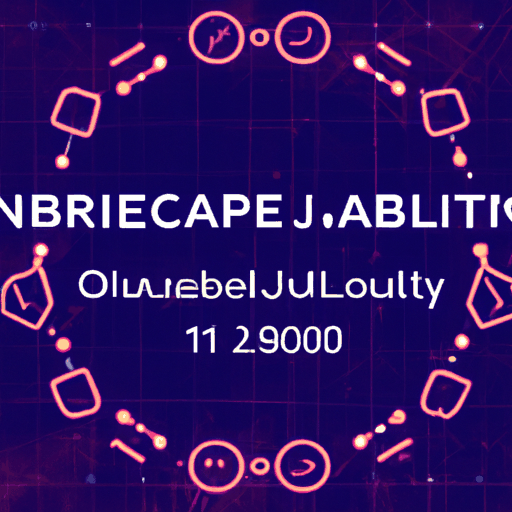
Learn Concept: The Impact and Concerns of Jubilee Upgrade on Ordinals Protocol and BRC-20 Tokens
By: Eliza Bennet
The Ordinals Protocol horizon is about to see a major upgrade named 'Jubilee'. This change is largely welcomed and supported by significant stakeholders such as the UniSat Wallet, which also operates on the Ordinals Protocol. This support shows a move to maintain protocol consistency and assure integrated BRC-20 tokens continue to function effectively.source
However, there are concerns voiced by key figures such as Domo, the creator of the BRC-20 token standard, worrying about the fast-paced adoption and the potential adverse results - particularly highlighting the critical need for thorough testing and synchronization.source
The term 'Jubilee' upgrade is intriguing, as it isn't universally termed a 'fork'. The term 'Jubilee' can also be taken as a 'split', denoting the existence of different rulesets operating on the same blockchain. A typical fork indicates a divergence on the blockchain, leading to the birth of two independent chains that have no interaction.
One significant area the Jubilee upgrade addresses is the 'cursed inscriptions' issue - these are inscriptions not recognized by the protocol's initial version. This upgrade aspires to reallocate these inscriptions, posing a benchmark for protocol evolution and governance.



